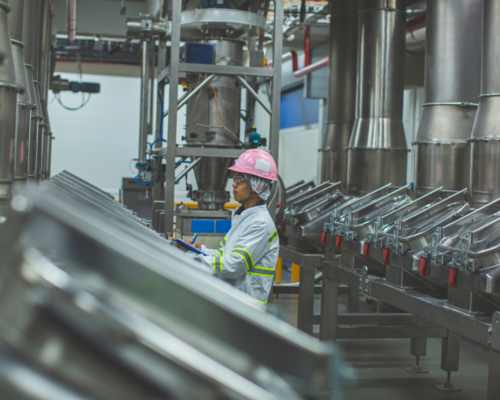ISO 22000 Certification
What is ISO 22000 ?

Benefits of ISO 22000 Certification
Obtaining ISO 22000 certification offers numerous advantages for organizations seeking to enhance their food safety management practices and drive sustainable growth. Here are some key benefits:
Who should get ISO 22000 Certificate?
ISO 22000 certification is relevant for any organization involved in the food industry, regardless of its size or position in the food chain. Whether you’re a manufacturer, processor, distributor, retailer, or even a catering service, ISO 22000 can benefit you. Here’s why:
- Food Safety Assurance: ISO 22000 ensures that your organization establishes effective food safety management systems. It helps you identify and control food safety hazards, ensuring that the food you produce or handle is safe for consumers.
- Regulatory Compliance: Compliance with food safety regulations is critical. ISO 22000 certification demonstrates your commitment to meeting these requirements, regardless of your organization’s size.
- Consumer Confidence: By implementing ISO 22000, you enhance consumer confidence. People trust products that adhere to recognized food safety standards.
- Global Recognition: ISO 22000 is globally recognized and auditable. Certification facilitates international trade by providing assurance that your food products meet safety standards across borders.
- Risk Management: Proactively managing food safety risks reduces the likelihood of legal liabilities. ISO 22000 helps protect your organization. So, whether you’re a small business or a large corporation, ISO 22000 certification reinforces your commitment to safe and reliable food production. 😊
Process of Getting ISO 22000 Certification in India Through CAUSSA TEC
Embarking on the journey towards ISO 22000 certification in India is a strategic step for organizations committed to enhancing their food safety management systems. At CAUSSA TEC, we understand the importance of a streamlined and efficient certification process. Here's a detailed overview of how we guide your organization through the process:

Get Consultation

Submit Your Documents

Undergo Audit

Obtain ISO Certification
FAQs about ISO 22000
Ready to Start your Journey?







